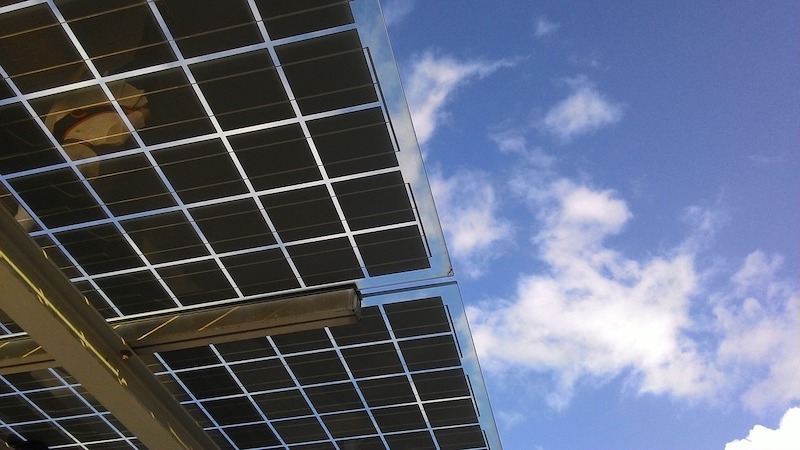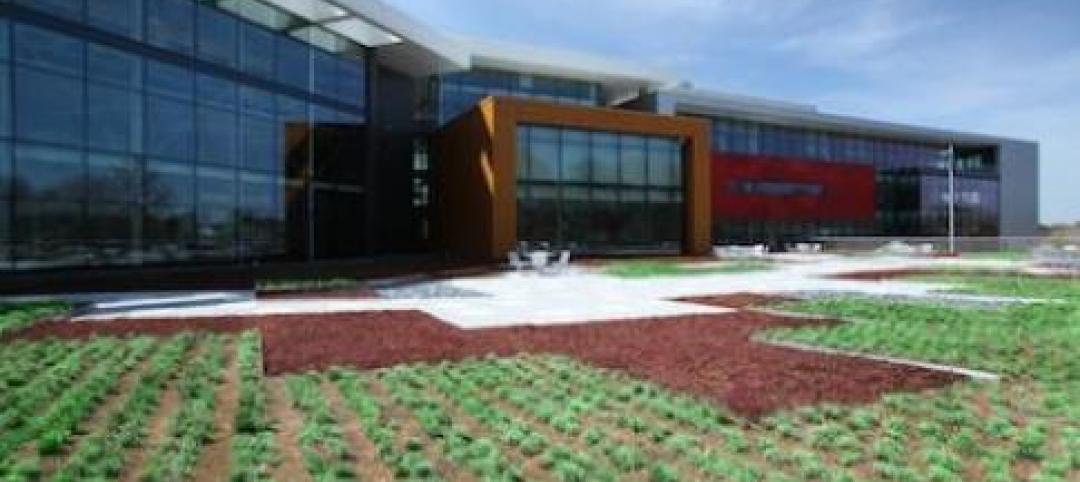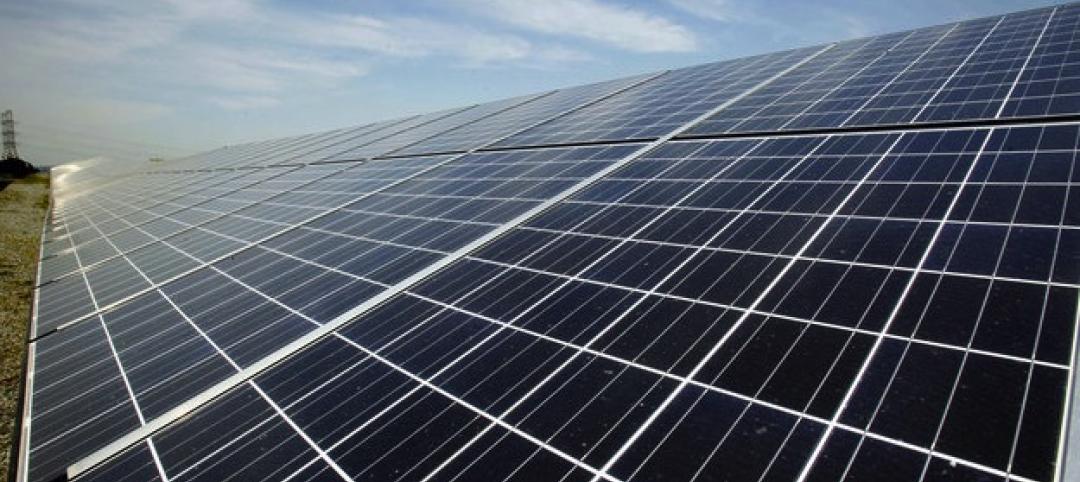At least 20 energy efficiency programs in the U.S. and Canada are focusing on encouraging and assisting building projects to be built to zero-energy and zero-energy-ready standards.
According to the American Council for an Energy Efficient Economy (ACEEE), these programs have an annual budget of about $65 million. They have collectively completed nearly 200 single-family homes, about 900 apartments in multifamily buildings, and 74 commercial totaling more than two million square feet of floor area. Affordable housing accounts for a significant portion of the multifamily projects.
A zero-energy building produces an amount of onsite energy (typically from photovoltaic panels) that equals or exceeds the energy it buys from utilities plus the energy losses from generation and transmission over the course of a year. Zero-energy-ready buildings are typically efficient enough to be operated with onsite energy, but lacking the solar energy systems needed to make the building truly zero-energy.
A few programs promote zero-carbon buildings, which emit no net carbon over the course of a year. Zero-energy homes and buildings often cost a little more to build than conventional homes and buildings, but as experience is gained, costs are going down, ACEEE says.
Related Stories
| Sep 26, 2013
OSHA encourages comments on respirable crystalline silica rules
The Occupational Safety and Health Administration’s proposed rulemaking for respirable crystalline silica has been published in the Federal Register.
| Sep 26, 2013
EPA’s final rule on updated ASTM standard likely to be withdrawn
The Environmental Protection Agency is expected to withdraw a direct final ruleissued in Augustregarding an ASTM standard for Phase I Environmental Site.
| Sep 26, 2013
A primer on RoofPoint green-rating system for commercial roofs
The RoofPoint green-rating system can be used to construct more energy-efficient and sustainable commercial roofs.
| Sep 26, 2013
ConsensusDocs releases updated federal subcontract to help construction firms perform federal work
The newly revised ConsensusDocs standard subcontract (ConsensusDocs 752 for federal work) will make it easier for general contractors and subcontractors to perform federal work.
| Sep 18, 2013
Proposed Boston casino development approval will depend partly on sustainability
The movement toward green building has been slow to catch on in the casino industry, but that could change with Suffolk Downs, which plans to build a $1 billion casino in Boston.
| Sep 18, 2013
Regulations could ease firefighters’ fear of roof solar panels
The local fire chief says solar panels are partly to blame after a 300,000 sf refrigerated warehouse in Delanco, N.J., burned down.
| Sep 18, 2013
New AISC design guide on structural stainless steel now available
For the first time in the U.S., design professionals now have an authoritative resource on structural stainless steel with AISC Steel Design Guide No. 27, Structural Stainless Steel.
| Sep 18, 2013
DBIA’s ‘Design-Build Done Right’ best practices project seeks industry input
The Design-Build Institute of America (DBIA) is seeking industry input on its project to create a design-build best practices document.
| Sep 11, 2013
USGBC Florida Chapter survey to help contractors adopt sustainable practices
Contractors in Florida could benefit from a data collection project by the state's chapter of the U.S. Green Building Council.
| Sep 11, 2013
Disability, vet hiring standards for contractors are goals, not quotas
Contractors that fall short of new federal hiring rules concerning veterans and disabled persons will not necessarily incur penalties, says Patricia Shiu, director of the Office of Federal Contract Compliance Programs.












